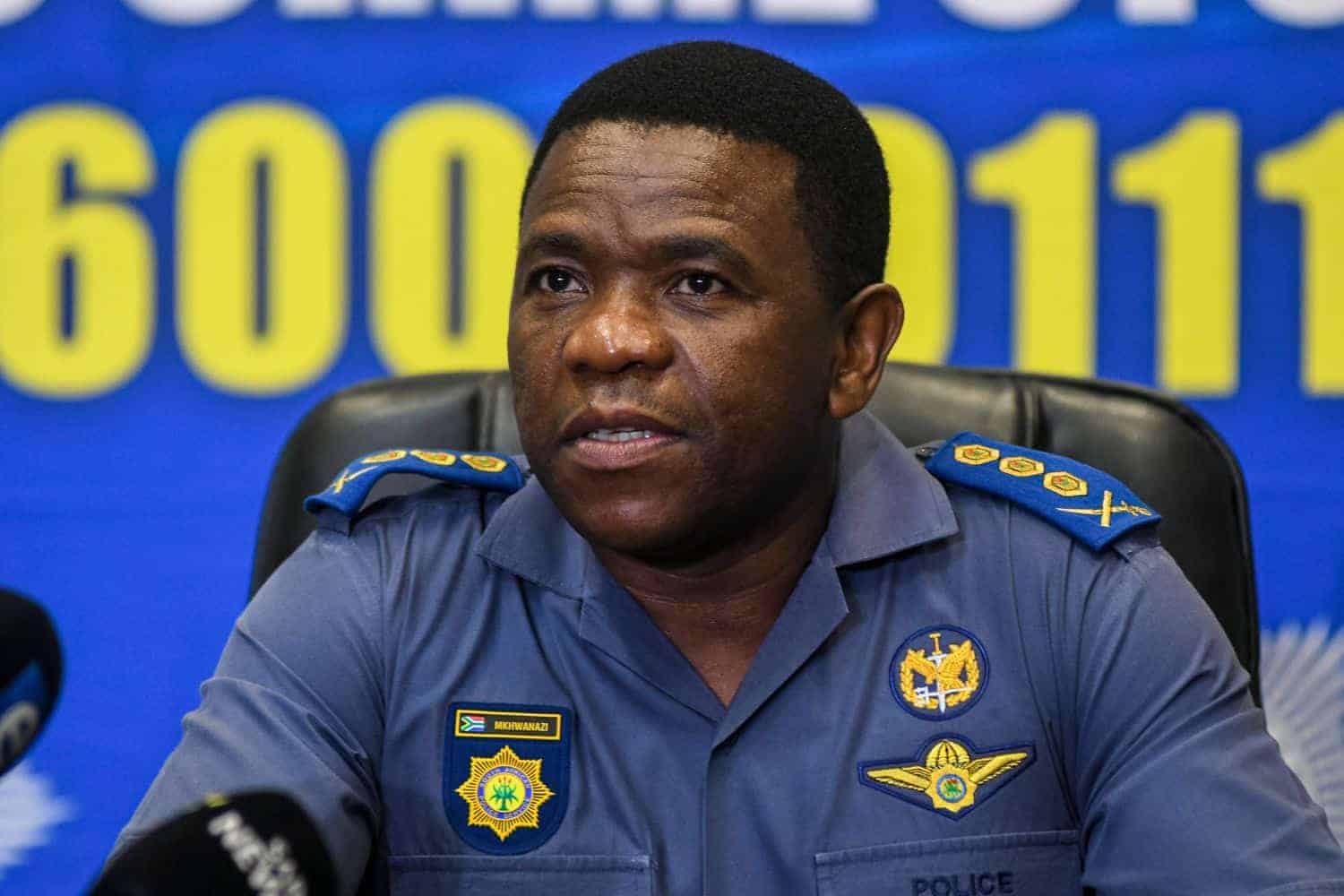The committee would have to wait until Mkhwanazi concluded his testimony before the Madlanga commission.

The parliamentary ad hoc committee investigating corruption and political interference within the police has concluded not to summon KwaZulu-Natal (KZN) Police Commissioner Nhlanhla Mkhwanazi.
The committee, which met on Wednesday to receive a progress report, plans to begin hearings later in September.
It has identified several key witnesses to testify, including National Police Commissioner Fannie Masemola and “suspended” Police Minister Senzo Mchunu.
However, Mkhwanazi—who was scheduled as the first witness—has informed the committee that he is unavailable until late September due to his commitments to the judicial commission of inquiry chaired by former judge Mbuyiseli Madlanga.
The ad hoc committee must present its findings to the National Assembly by 31 October.
Mkhwanazi’s appearance at ad hoc committee delayed
On Wednesday, committee secretary Vhonani Ramaano told members that Mkhwanazi is expected to testify before the Madlanga commission for five days from 17 September.
Ramaano also confirmed that Masemola is consulting with the newly appointed evidence leader, Advocate Norman Arendse.
Mchunu and Deputy National Commissioner Shadrack Sibiya are also scheduled for consultations this week.
“With regards to Mr [Bheki] Cele, we sent a request for him to appear [but] he has not yet responded,” he said.
ALSO READ: ‘He’s the one who started this mess’: Malema calls for Mkhwanazi to be summoned
Arendse voiced concern about the arrangements surrounding Mkhwanazi’s testimony, noting that copies of his affidavit to the commission would be shared.
“That means, in terms of that arrangement, we can’t share it with the committee because the statement belongs with the commission,” he said.
He further explained that the committee would have to wait until Mkhwanazi concluded his appearance before the commission.
“In turn that is going to mean that we will only be able to engage with him on behalf of this committee after the 22nd of September.
“We have to interview him with a view to our terms of reference and not the commission’s terms of reference, so that might take another few days.
“We will then have to make the statement available to members of the committee to prepare before he is heard, and that is likely to take us into the first week of October,” Arendse said.
Watch the meeting below:
He recommended that the committee consider amending its terms of reference to allow evidence from other witnesses before Mkhwanazi.
“We are of the view that we should perhaps start earlier with other witnesses.”
Malema rants
MK party member David Skosana said it was evident that the committee might need to request an extension.
DA MP Glynnis Breytenbach said it was “ideal” to have Mkhwanazi testify first, but not “essential”.
“If we can’t get him and we start with somebody else, we know what he is going to say,” she said, adding that it would only become an issue if Mkhwanazi unearthed new evidence.
Breytenbach stressed that the committee cannot keep delaying its work.
“We are going to have to ask for an extension as it is if we don’t start before late October or November.”
READ MORE: Mkhwanazi to be first witness at Madlanga Commission
EFF leader Julius Malema criticised the committee for playing second fiddle to the Madlanga commission, describing the inquiry as “toothless” because its recommendations are not binding.
“We can never use a material of the commission in our committee.
“Mkhwanazi must write an affidavit directed to our chairperson, and that becomes a document of our committee. Any other thing is hearsay,” he said.
Malema also accused committee members of undermining the inquiry by diluting the witness list with deputy ministers “with no powers”.
“You are getting deputy ministers because you want to render this committee useless.
“We don’t agree to any of the proposals, we don’t change any terms of reference, and we want Mkhwanazi as [witness] number one,” he said.
He maintained that Mkhwanazi must be subpoenaed.
Despite protests from the EFF and ActionSA, most MPs opposed issuing a summons, with the committee’s chairperson Soviet Lekganyane concluding that the option was “not desirable”.
Support Local Journalism
Add The Citizen as a Preferred Source on Google and follow us on Google News to see more of our trusted reporting in Google News and Top Stories.








